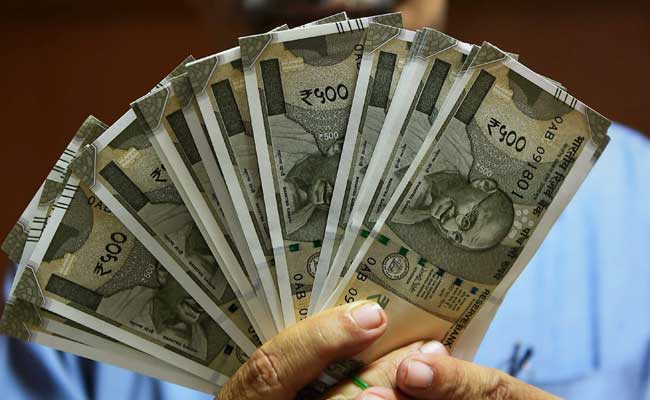FD Vs RD: Which Is Better?

Fixed deposits (FD) and recurring deposits (RD) are the most popular investment tool in India because of easy accessibility. They are both quite easy to understand as well, when compared to most other investment options available. Both of these are among the safest options and carry a fixed return over a given period. Let us loo
Fixed deposits (FD) and recurring deposits (RD) are the most popular investment tool in India because of easy accessibility. They are both quite easy to understand as well when compared to most other investment options available. Both of these are among the safest options and carry a fixed return over a given period. Let us look at some of the features of both:
1. Both FD and RD have a fixed tenure. The tenure for an FD can vary from 7 days to 10 years. The shortest tenure offered for RD is typically for one year.
2. An FD customer is required to make a single deposit at the onset, whereas an RD customer is required to invest a given amount at a regular interval for the duration of the deposit.
3. A fixed deposit can provide for a regular income through periodic interest payout. Though, you can choose to have the interest added back to the deposit resulting in a compounding interest
4. In case of a recurring deposit, the interest earned is paid only on maturity along with the principle deposited.
5. The highest fixed deposit rates offered by banks/ NBFCs and the highest recurring deposit rates tend to be equal for the same tenure of the deposits.
6. Taxability for both FD and RD is the same. The interest earned is added to your annual income and taxed according to the income tax slab you fall under.
7. In both these products, tax is deducted at source if the interest is higher than the permissible limit.
8. A fixed deposit can be used as collateral for taking out a loan. This is because once the investment is made, the return is virtually guaranteed. An RD cannot usually be used as collateral as the returns depend on future investments.
9. As fixed deposits require a lump sum investment, they earn a higher interest compared to a recurring deposit of the same principal amount and tenure. It is because the entire amount earns interest for the whole duration. In the case of RD, only the first instalment earns interest for the whole duration, and each subsequent instalment earns interest over a consecutively shorter period.
10. Fixed deposits earn you more on maturity if you choose to compound the interest rate, compared to recurring deposits for the same principal amount and tenure.
If you can deposit a large amount as a lump sum, a highest fixed deposit rates is a better option. On the other hand, if you can only afford to save a small amount every month – do choose to invest it in a recurring deposit. Remember that once your recurring deposit matures – you can invest back the sum, or a part thereof, as a fixed deposit and create a ladder of deposits if needed.
If you are looking to earn a regular income from your investments, then a FD is the best available option for you. Even with the highest fixed deposit rates, you may not be beating inflation but can rest assured that your investment will be safe.
Akshay Sharma
Latest posts by Akshay Sharma (see all)
- Best Single Door Fridge Models Of 2025 Features, Energy Ratings & Price Guide - December 22, 2025
- 5 Critical Things You Must Know for Professional Custom Badge Quality: An Expert’s Guide - November 3, 2025
- Are You Using a Loan Calculator for Second Hand Car Rightly? - October 13, 2025
- Round Steel Tanks: Long-Term Solutions for Water Storage - September 19, 2025
- Embrace the Culture: Syna World Hoodie and Syna World Tracksuit UK - September 13, 2025
